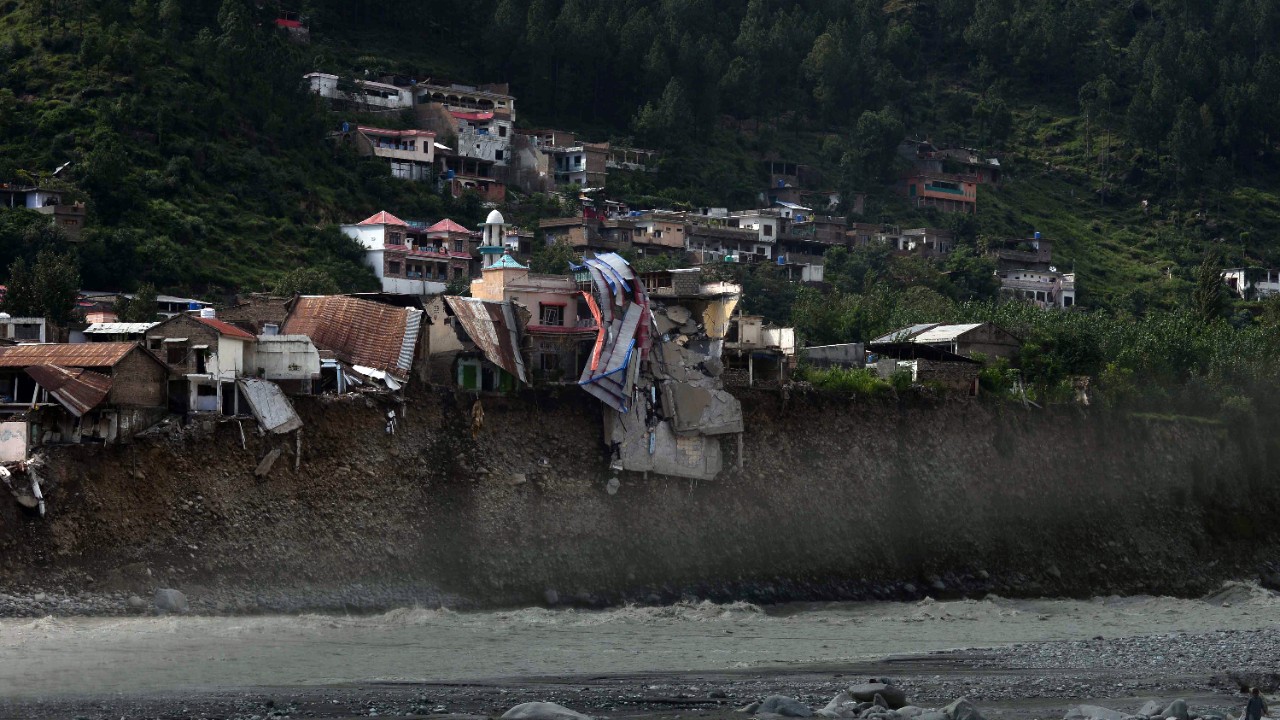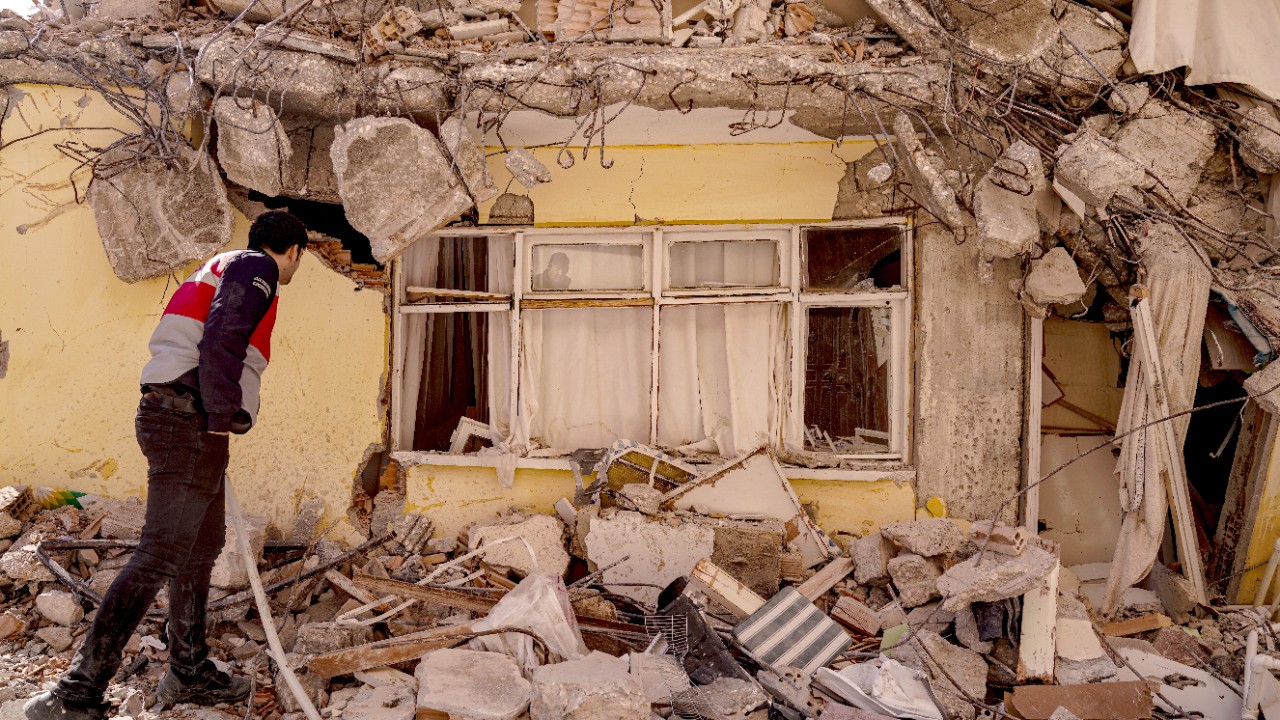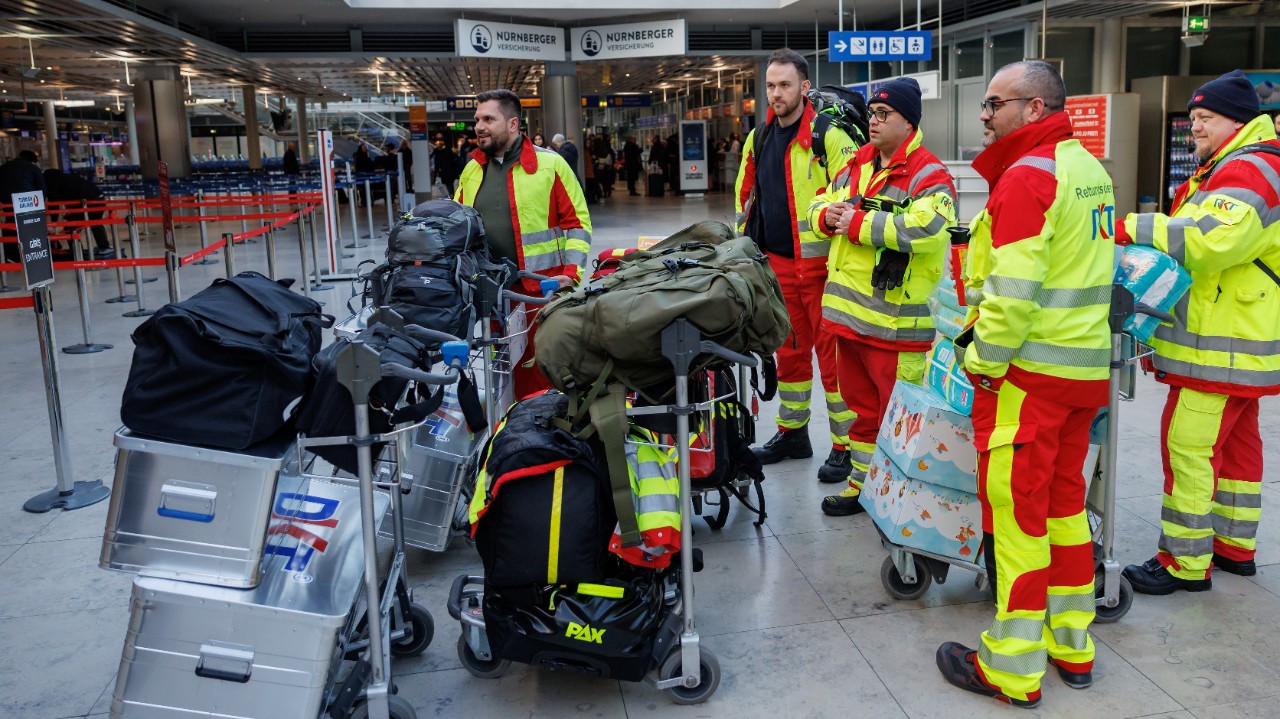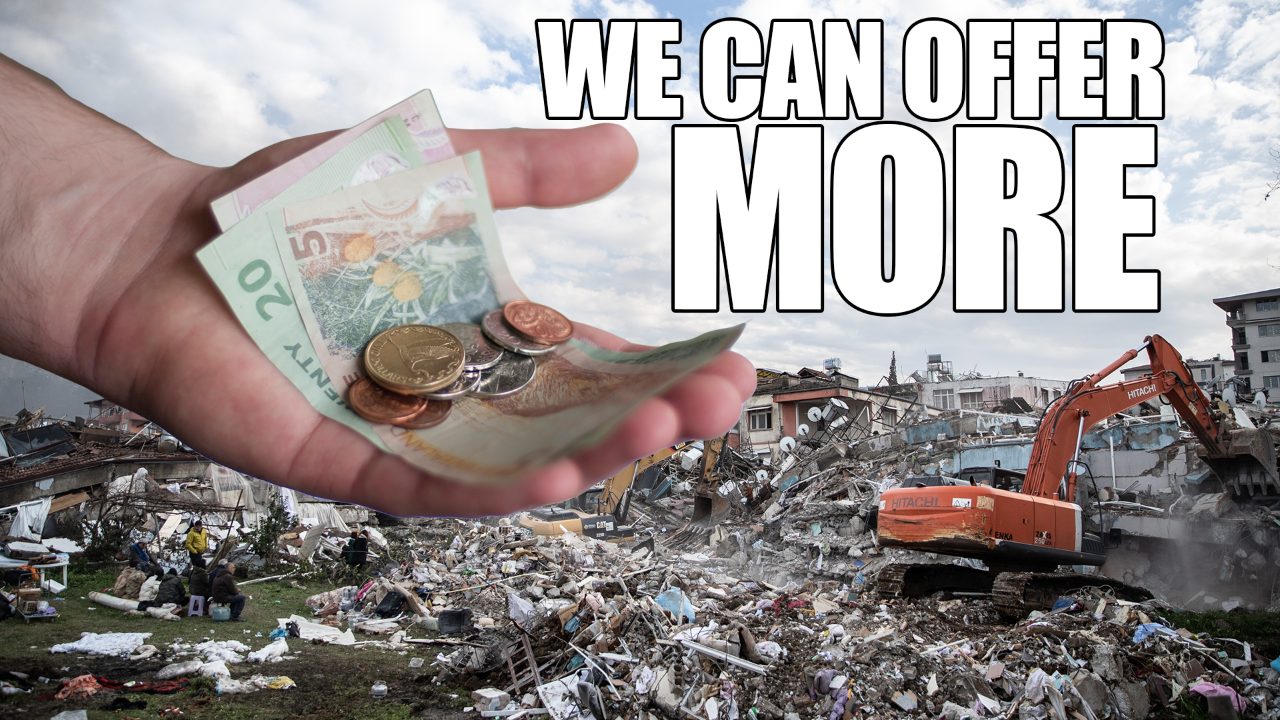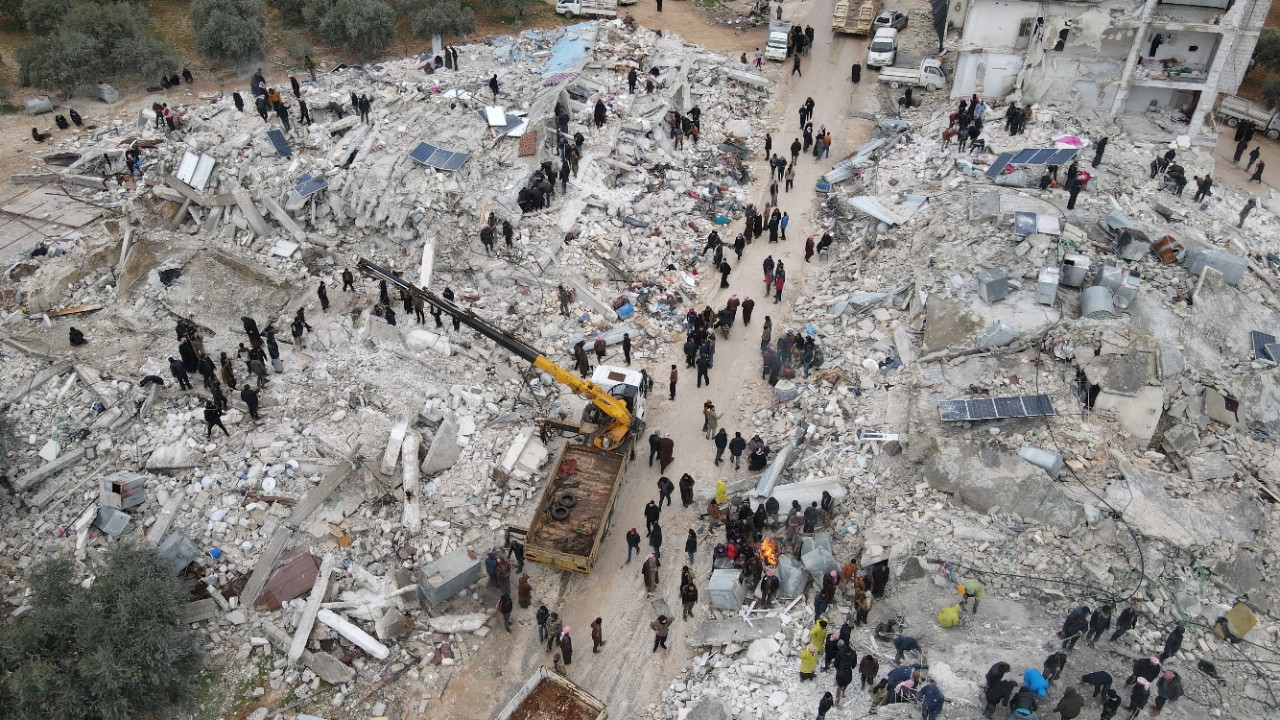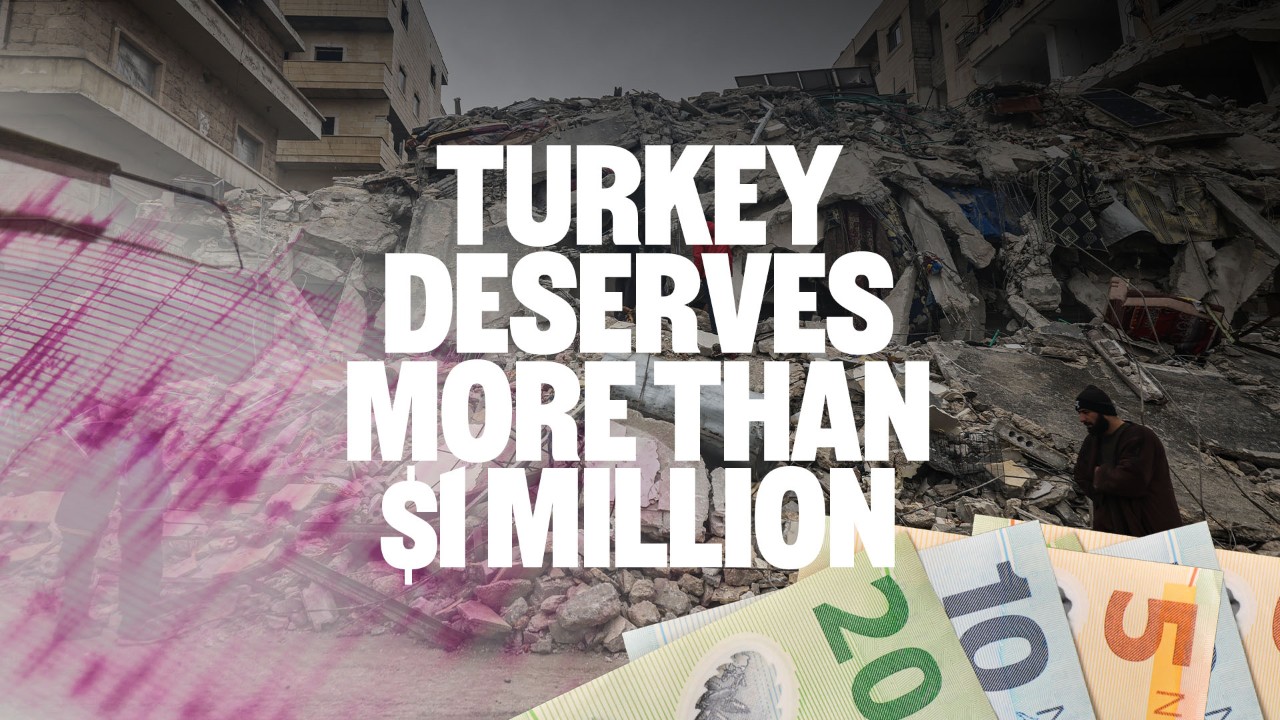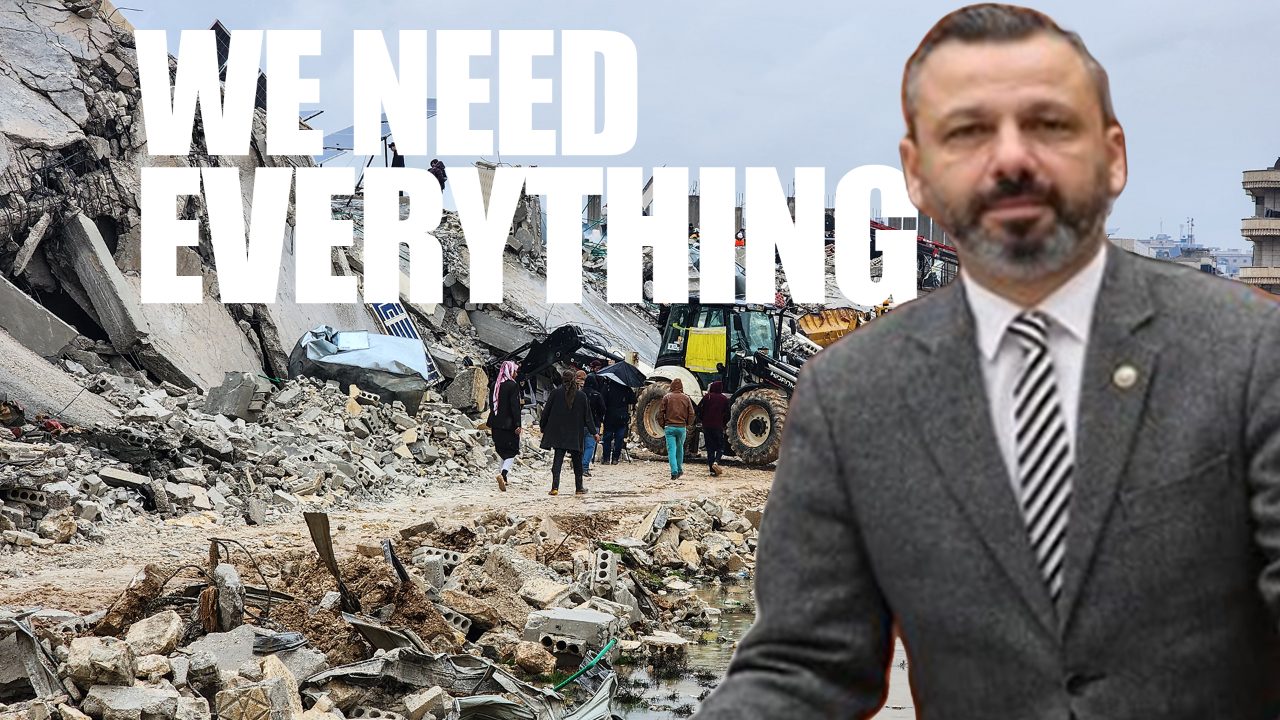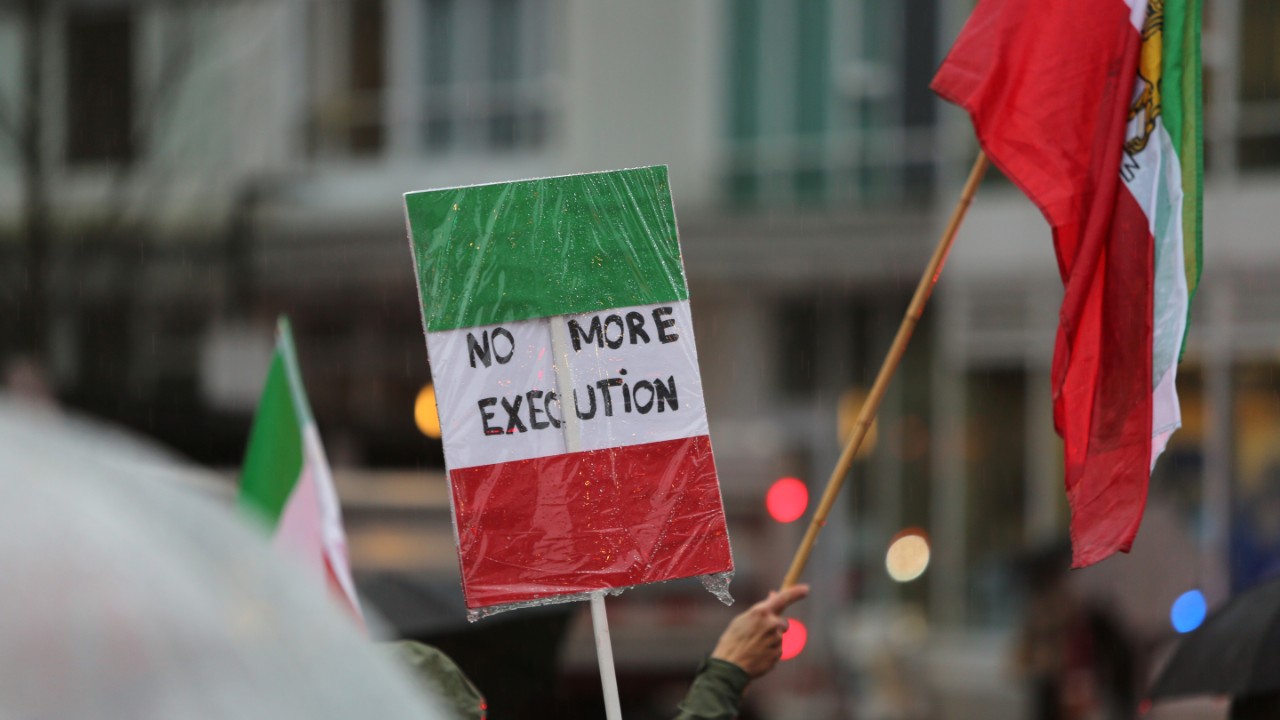Another 75 people have died in Pakistan as a result of the monsoon flooding over the past day, taking the total since mid-June to at least 1,136.
Millions more have had their lives upended by the destructive waters - with the UN calling it a "calamity of biblical proportions."
Our World News Editor Kate Gregan reports.
Mother nature shows no mercy.
In a matter of seconds, an evacuated hotel is completely destroyed.
The scale of the disaster is huge - with streets turned into rivers, and entire communities submerged by the unrelenting cycle of monsoon rains.
300,000 homes are gone - another 700,000 are damaged - and more than 33 million people have been displaced.
Pakistan's Climate Change Minister, Sherry Rehman says a third of the country is underwater.
"There are many harrowing and heartbreaking themes of trauma and stress this is a huge humanitarian disaster and I would call it quite apocalyptic."
The desperation is felt in communities all over the country.
In one of the worst affected provinces, Sindh, some families have lost everything.
They need food, shelter, and a safe place to sleep.
"We lost all our food, the wheat and rice, everything is gone. All of our belongings were also swept away, we were only able to save our lives.
"Sometimes we get food, sometimes we don't, we were given one small tent which is not enough for our big family."
Another woman told the BBC she has eight children - they can't do anything except wait hopelessly for help on the side of the road.
"We left our homes in a hurry and couldn't gather all our supplies to cook. Some days we are able to eat, other days we have nothing."
The misery is all around - in the north of the country, tens of thousands of people were forced to evacuate when flash floods caused a river to rise -- wiping out critical bridges and cutting off communities.
One local man told CNN, that he narrowly escaped with his life.
"First the water level rose a little and we brought the goods to the rooftop, we could not bring the household with us. We came out on the highway with our lives, children and cattle.
"Late night, the water levels had risen until they were knee deep."
Local agencies say they are doing what they can, but there are simply not enough resources for everyone.
Overseas aid is slowly starting to arrive, but authorities say much more is needed.

